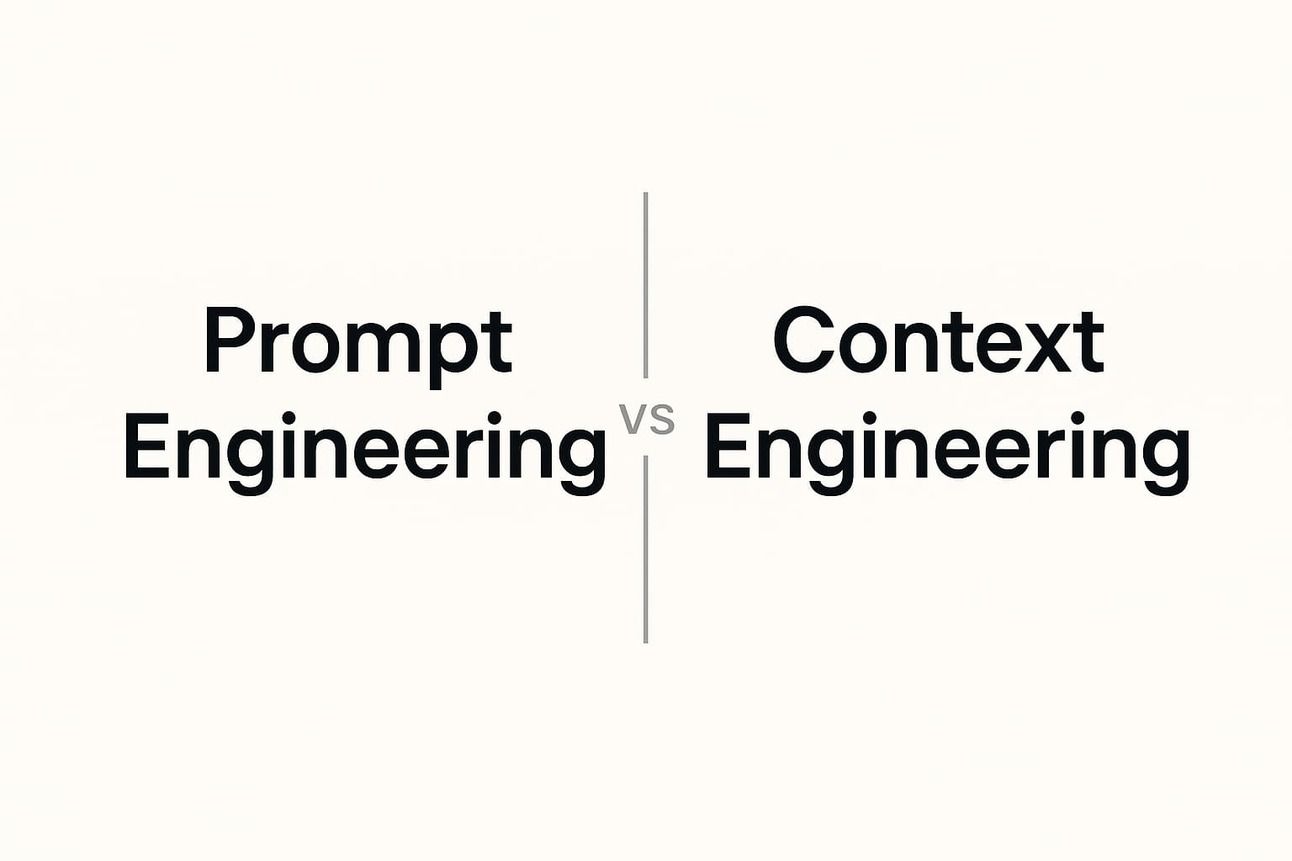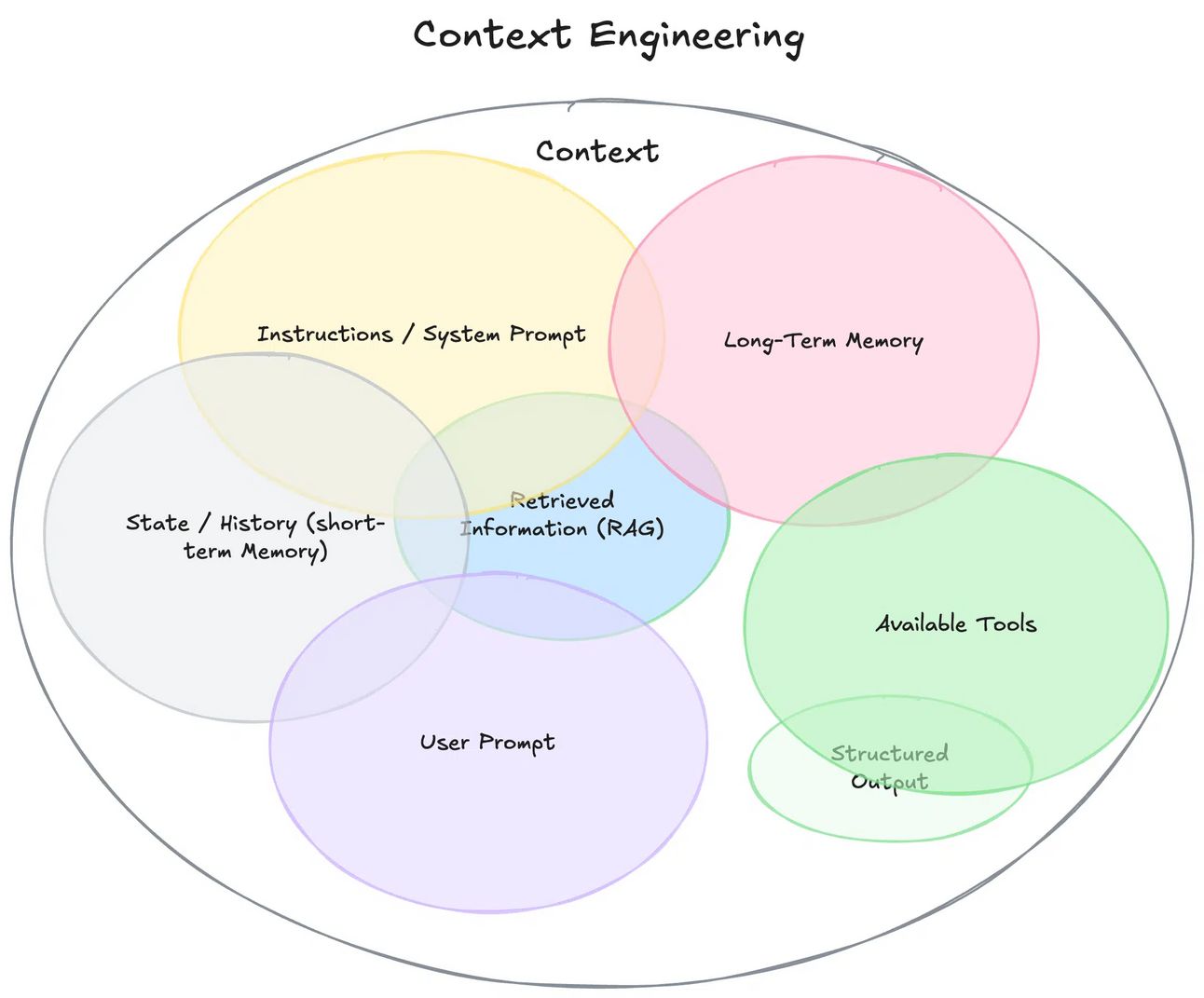- Product Upfront AI
- Posts
- 🔥 Unpopular: Prompt collecting is dead
🔥 Unpopular: Prompt collecting is dead
While everyone's hoarding Pokemon cards, context engineers are building systems that actually make money..

You're sitting at your computer at 2:47 AM, scrolling through another "1000 ChatGPT Prompts That Will Change Your Life" thread on Twitter.
Your bookmark folder labelled "AI Prompts" has 200+ entries. You've got prompt libraries, template collections, and formula spreadsheets.
But here's the thing that keeps you awake: Despite all these prompts, your AI output still sounds... generic.
Meanwhile, your friend just landed a $15K monthly retainer helping a tech CEO with AI content.
Another colleague replaced his entire content team and scaled his business to six figures.
What do they know that you don't?
You've seen it by now. Andrej Karpathy yeah, the former OpenAI founding member dropped a tweet that's got the entire AI world buzzing.
Your Twitter feed is going insane. LinkedIn is on fire. Every AI newsletter is scrambling to decode what he meant.
But here's what's wild: he wasn't announcing some groundbreaking model or revolutionary breakthrough.
He was talking about something called "context engineering."
+1 for "context engineering" over "prompt engineering".
People associate prompts with short task descriptions you'd give an LLM in your day-to-day use. When in every industrial-strength LLM app, context engineering is the delicate art and science of filling the context window
— Andrej Karpathy (@karpathy)
3:54 PM • Jun 25, 2025
And suddenly, everything clicked.
All those AI professionals you've been watching, the ones landing massive retainers, scaling their businesses, replacing entire teams, they weren't just lucky. They weren't just better at prompting.
They'd been quietly building something completely different while the rest of us were collecting prompts like Pokémon cards.
Take the friend, for example.
You know, the one who just signed that $15K monthly deal with the tech CEO?
I finally figured out her secret. She's not using hundreds of prompts for him. Maybe a dozen, tops.
But each one taps into this massive knowledge system she built specifically for his brain, his voice, his frameworks, his unique way of thinking about problems.
That prompt would be completely useless to you or me. But for him?
It's pure gold every single time.
If I tell you honestly….
You're stuck in the "prompt collector" mindset because that's what worked 18 months ago.
Back then, the game was simple: find the magic words, get better output.
But AI evolved. The tools got smarter. The real pros adapted.
While you were building a library, they were building architecture.
While you were copying templates, they were creating intellectual property.
Think about it this way: You've been trying to build a house with just a hammer. Sure, it's a good tool.
But where's your blueprint? Your materials? Your foundation?
Context is that foundation. And without it, even the most beautiful hammer in the world won't build you anything that lasts.
The New 80/20 Rule That Changes Everything
Remember when everyone said AI writing was 80% systematic prompting, 20% actual collaboration?
That rule just flipped.
The new reality: 80% of your results come from context setup. 20% comes from how you actually prompt.
The professionals who figured this out aren't managing hundreds of generic prompts anymore. They're building three things:
Their knowledge architecture is what their AI actually knows about their work, voice, and expertise.
Their context hierarchy how all that information gets organized and accessed.
Their prompt strategy how to reference their unique context for maximum impact.
This is context engineering. And it's creating a completely new class of AI professionals.

What Real Context Engineering Looks Like
Let me show you what this looks like in practice.
A context engineer building a research system doesn't just write "search for recent news about X."
They architect the entire intelligence-gathering process.
They define exactly what "recent" means (last week? last month?).
They specify source types (news, academic, specialised).
They build priority systems.
They create structured outputs that feed into the next stage of their workflow.
Every piece of context serves a purpose.
Every instruction connects to the larger system. Nothing is left to chance or guesswork.
The result is AI that doesn't just follow instructions, it understands the mission.
Context Engineering Is Feature Engineering for AI Agents.
Here Are the 𝟰𝟬 Key Lessons Taking You from Zero to Hero ⬇️WHAT IS CONTEXT ENGINEERING?
𝟭. It’s Feature Engineering—but for AI Agents.
𝟮. The art of filling the context window with exactly what’s needed.
𝟯.— Maryam Miradi, PhD (@MaryamMiradi)
4:30 PM • Jul 3, 2025
The Window Is Closing Faster Than You Think
Here's what most people don't realise: Every major AI platform has already shifted to context-first architecture. ChatGPT Projects. Claude Projects. Gemini Gems.
The tools are ready. The market is ready. The only question is whether you'll be ready.
In six months, pure "prompt engineering" will sound as outdated as "web mastering."
But the people who master context engineering?
Who can build knowledge systems AND create powerful prompts that reference them?
Those are the people who become irreplaceable.
Your first context engineering project doesn't start tomorrow. It starts today. Stop downloading prompt packs. Start building your knowledge architecture.
Because while everyone else is still trading templates like baseball cards, you could be building the foundation of something much bigger.
The future belongs to context engineers. The question is: will you be one of them?
P.S. I used to have 200+ bookmarked prompts.
Now I have maybe 20 that actually matter, but they're connected to systems that took months to build.
The difference in output quality isn't just noticeable. It's transformational.
Before You Go
Please hit reply. I'm a real human who actually responds.
And it genuinely helps me figure out what's landing vs. what's missing the mark.
If you found this newsletter helpful, don’t forget to share it with your friends
New reader?
Subscribe here to get more AI insights that actually make sense.
Thanks for reading, thinking, and engaging.

Reply